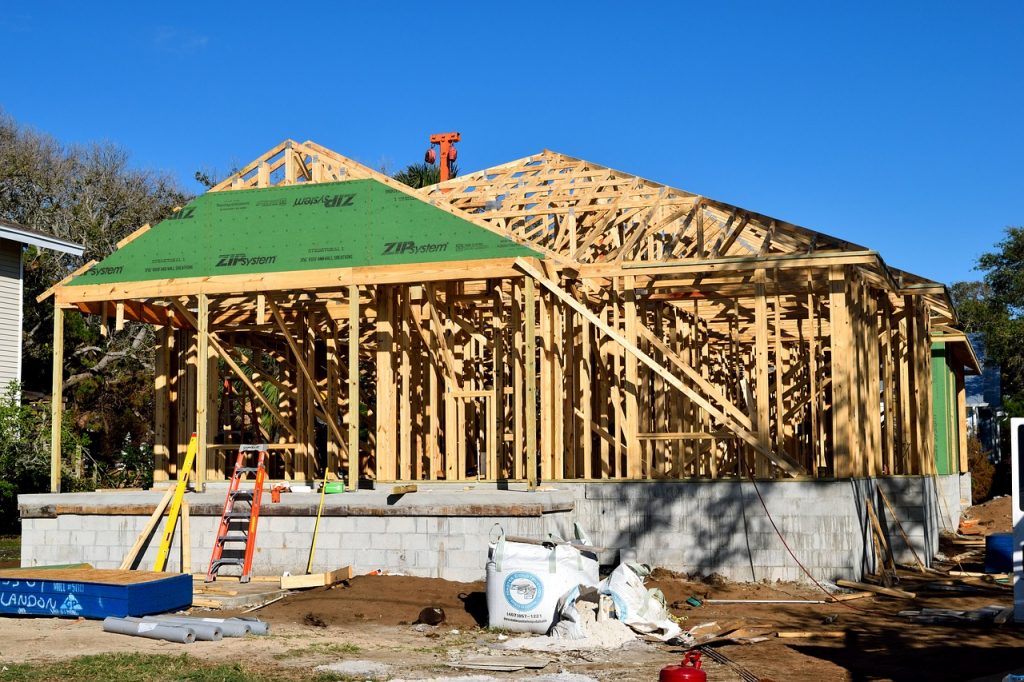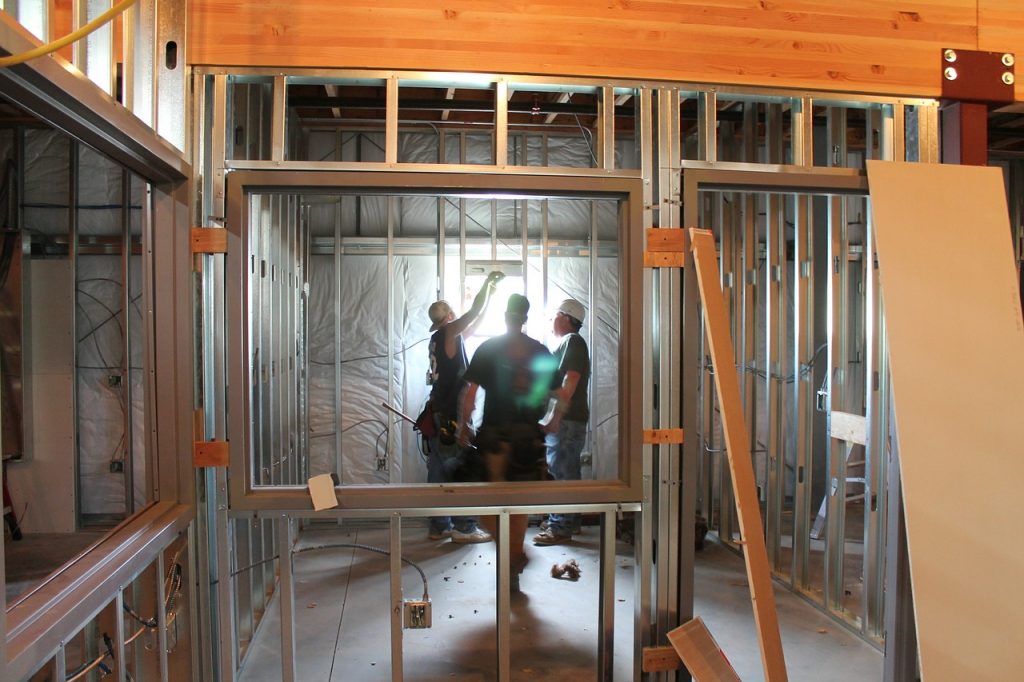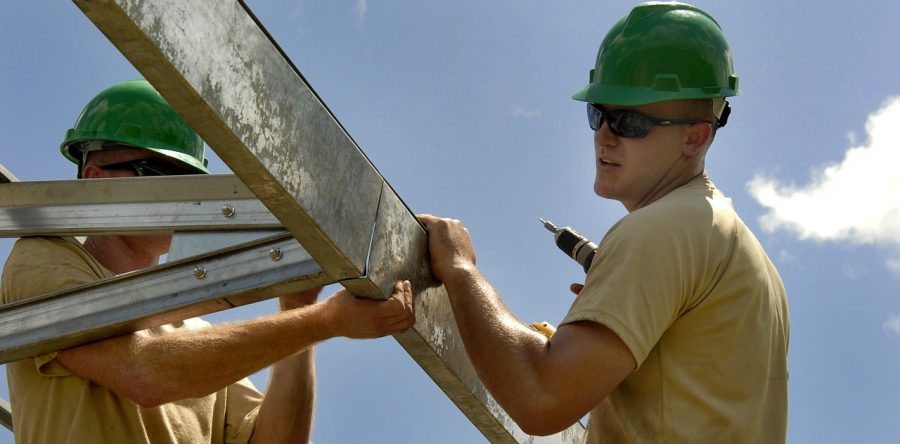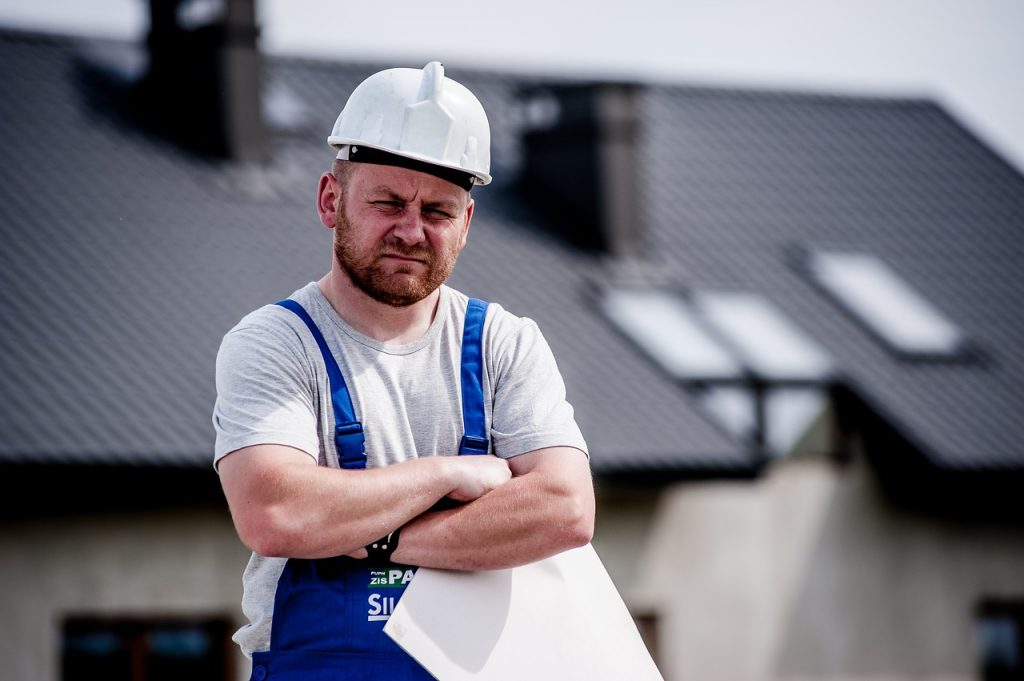10 Questions to Ask Your Home Builder.
Building a house, whether as your forever home or strategic investment is one of the biggest commitments a family will make. Any new home build is a significant time and financial investment, and the builder you choose to work with ultimately has the responsibility and obligation to execute your build as planned.
That being said, not all builders are the same and as many investors can attest, not every builder carries out work to the same level of quality.
Many things can impact the quality of a build, such as a builder's experience with your chosen construction materials, the difficulty of the land block being built on and their experience in overcoming these challenges as well as their access to quality tradespeople.
Anyone who is at the final stages of contract negotiation with a builder should be asking the 10 following questions before signing on the dotted line and making their initial deposit.
1. Are you registered and licenced?
In Australia, each individual state has its own governing body to monitor and maintain building standards in line with each state’s building code. This includes managing the registration and licensing of builders in that state. The licensing requirements to become a registered builder are very strict to ensure that only qualified and experienced builders are operating in the market. You should definitely ask for copies on any engaged builder’s licenses and registrations for your records, and ensure that you confirm these details with your states governing body.
2. Who are you insured with, and to what level?
Builders in every state are required to maintain differing levels and types of insurances. You are well within your rights to ask your builders for copies of all applicable insurances and ensure to liaise with your broker that these policies meet the requirements of your lender/ bank. Professional builders will have no problem in providing you with this level of detail
3. Do your due diligence and check your Builder’s reviews
You should absolutely check your builder's reviews. Ask you builder to provide you with some testimonial references, ideally with similar size & design as you’d like to build, to ensure your builder has as good reputation and is able to complete & deliver the job in a timely and professional manner.
4. Inspect some current projects?
Whilst inspecting a finished build will give you a solid understanding of the level of quality your particular builder is able to produce, asking to view a project in progress can be very educational. Chances are, if your builder's site is a disaster during the build then you can expect the same for yours. Whilst construction is a messy business, keeping a tidy site and maintaining standards throughout the entire build speaks about the level of professional standards a builder holds for themselves and their tradespeople.

5. How will you keep us up to date with progress?
Good builders will have a clear and written strategy when it comes to maintaining open communication and dialogue with their clients. Whether this is providing a weekly project status update, or scheduling frequent site inspections, your builder should be able to provide you with peace of mind that you will be kept informed throughout the entire process.
6. How will you manage quality control?
Any builder worth your time and money will have a formalised quality control process in place for every build. The nature of construction means that there are a number of people and moving parts involved in bringing your new home build to completion. Whilst this is a complex process, quality builders should have total control of the process throughout the entire build and should be able to provide you with a detailed understanding of how they maintain the level of quality that you are expecting from your build.

7. You should ask for Fixed Contract price
There are many different types of building contracts, and it is up to you as a customer to ensure you fully understand the limitations and liabilities during your build. Cost plus contracts, where you agree to pay for the cost of time, labour and materials plus a percentage margin, which it can be risky if your builder hasn’t undertaken a thorough estimating and quoting exercise. That’s why, banks ask for a fixed price building contracts that defines clearly what are your expectations & liabilities to avoid any shortfalls due to extra cost surprises.
8. Is your builder’s business and its directors financially stable?
We have all heard the horror stories of investors losing large amounts of money, due to significant delay in completion of their projects, when their builder has gone into administration. As a potential client, you are well within your rights to seek to understand in detail, how financially stable the builder’s business is, in order to determine the level of risk involves in signing a contract with the builder.
9. Understand the level of warranty & for how long?
Whilst there are minimum levels of builder’s warranty that are required by law for any builder in the market, good builders will seek to go above and beyond the minimum requirements to ensure their clients are well looked after. The relatively difficult nature of building means that defects will absolutely happen over the course of time. You’d need to have clear understanding, how your builder will deal with these defects, both during the build and years after the completion of your construction, this will give you peace of mind that you are partnering with a professional who will take responsibility for their work, long after they hand you the keys.

10. How do you manage variations?
Most building contracts will provide quite granular detail in what will be provided at the end of the project. However, variations are a natural part of the building process. Variations can occur for many reasons, from the extension of time due to inclement weather, changes of mind during the build process or unexpected challenges, such as hitting “rock” during excavation. You should also have a clear understanding from your builder as to what their process is for managing variations to the contract, including notification, documentation, sign off and execution of approved variations.
In summary, as a customer you are well within your rights to satisfy yourself that, the builder you have chosen to work with is capable and experienced, is appropriately licensed and insured, and is willingly able to provide you with evidence to the quality of their previous builds. The truth is, there are thousands of builders out there, and some are better than others. It is important that you make every effort to ensure that the builder you have chosen is going to provide you with the best possible service and finished product.
WOULD YOU LIKE TO TALK TO OUR EXPERTS


